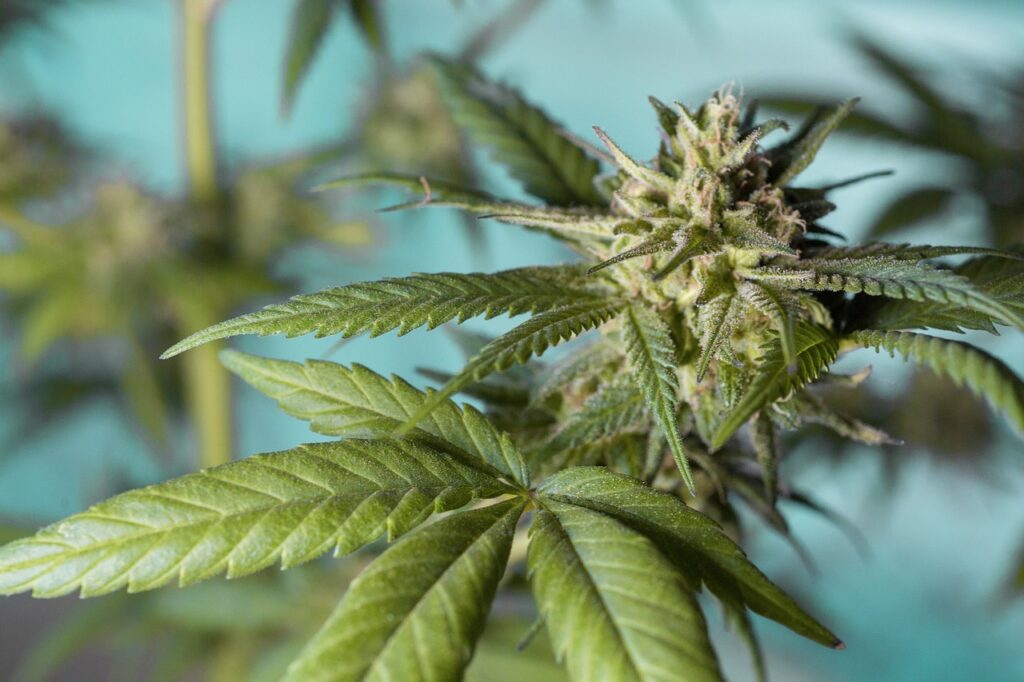In recent years, the cannabis industry has seen a surge in interest surrounding various cannabinoids and their unique properties. One such compound that has garnered attention is THCA, or tetrahydrocannabinolic acid. This article explores the intricacies of THCA flower, its benefits, and its potential impact on the cannabis market.Buy Dosido High THCa Flower
Understanding THCA: The Basics
THCA is a non-psychoactive cannabinoid found in raw and live cannabis. Unlike THC, which is known for its psychoactive effects, THCA does not produce a “high” when consumed. This is because THCA must undergo decarboxylation, a process typically triggered by heat, to convert into THC.
Decarboxylation Explained
Decarboxylation is a chemical reaction that removes a carboxyl group from THCA, transforming it into THC. This process occurs naturally over time or can be accelerated by applying heat, such as through smoking or vaping.
Benefits of THCA Flower
THCA flower offers a range of potential benefits, making it an attractive option for those seeking therapeutic effects without the psychoactive experience associated with THC.
- Anti-inflammatory Properties: Research suggests that THCA may help reduce inflammation, offering relief for conditions like arthritis and lupus.
- Neuroprotective Effects: Preliminary studies indicate that THCA might protect brain cells, potentially benefiting those with neurodegenerative diseases.
- Anti-emetic Benefits: THCA has shown promise in reducing nausea and vomiting, which could be beneficial for patients undergoing chemotherapy.
- Appetite Stimulation: Some evidence suggests that THCA may help stimulate appetite, aiding individuals with eating disorders or cachexia.
THCA vs. THC: Key Differences
While both THCA and THC originate from the same plant, their effects and applications differ significantly.
- Psychoactivity: THCA is non-psychoactive, whereas THC is known for its mind-altering effects.
- Legal Status: In many regions, THCA is legal due to its non-psychoactive nature, while THC remains regulated.
- Medical Applications: THCA is often used for its potential therapeutic benefits without the high, while THC is sought after for both recreational and medicinal purposes.
How to Use THCA Flower
There are several ways to incorporate THCA flower into your routine, each offering unique benefits.
Raw Consumption
Consuming raw cannabis leaves or flowers in smoothies or salads allows users to benefit from THCA without converting it to THC. This method preserves the non-psychoactive properties of the compound.
Topical Applications
THCA-infused creams and balms can be applied directly to the skin, providing localized relief for pain and inflammation without psychoactive effects.
Juicing
Juicing raw cannabis is another popular method to consume THCA. This approach retains the cannabinoid’s natural properties and can be combined with other fruits and vegetables for a nutritious drink.
Case Studies and Research
Several studies have explored the potential benefits of THCA, providing insights into its therapeutic applications.
Anti-inflammatory Research
A study published in the British Journal of Pharmacology found that THCA exhibited significant anti-inflammatory effects in animal models, suggesting its potential for treating inflammatory conditions.
Neuroprotective Potential
Research conducted by the University of Guelph highlighted THCA’s neuroprotective properties, indicating its promise in managing neurodegenerative diseases like Alzheimer’s and Parkinson’s.
The Future of THCA in the Cannabis Industry
As interest in non-psychoactive cannabinoids grows, THCA is poised to play a significant role in the evolving cannabis market. Its potential therapeutic benefits and legal status make it an attractive option for consumers and researchers alike.
With ongoing research and increasing consumer awareness, THCA flower may become a staple in both medical and wellness sectors. As more studies validate its benefits, the demand for THCA-rich products is likely to rise, influencing cultivation practices and product development.
Conclusion
THCA flower represents a promising frontier in cannabis research and application. Its non-psychoactive nature, coupled with potential therapeutic benefits, makes it an appealing choice for those seeking alternative treatments. As the cannabis industry continues to evolve, THCA’s role is expected to expand, offering new opportunities for consumers and businesses alike.


